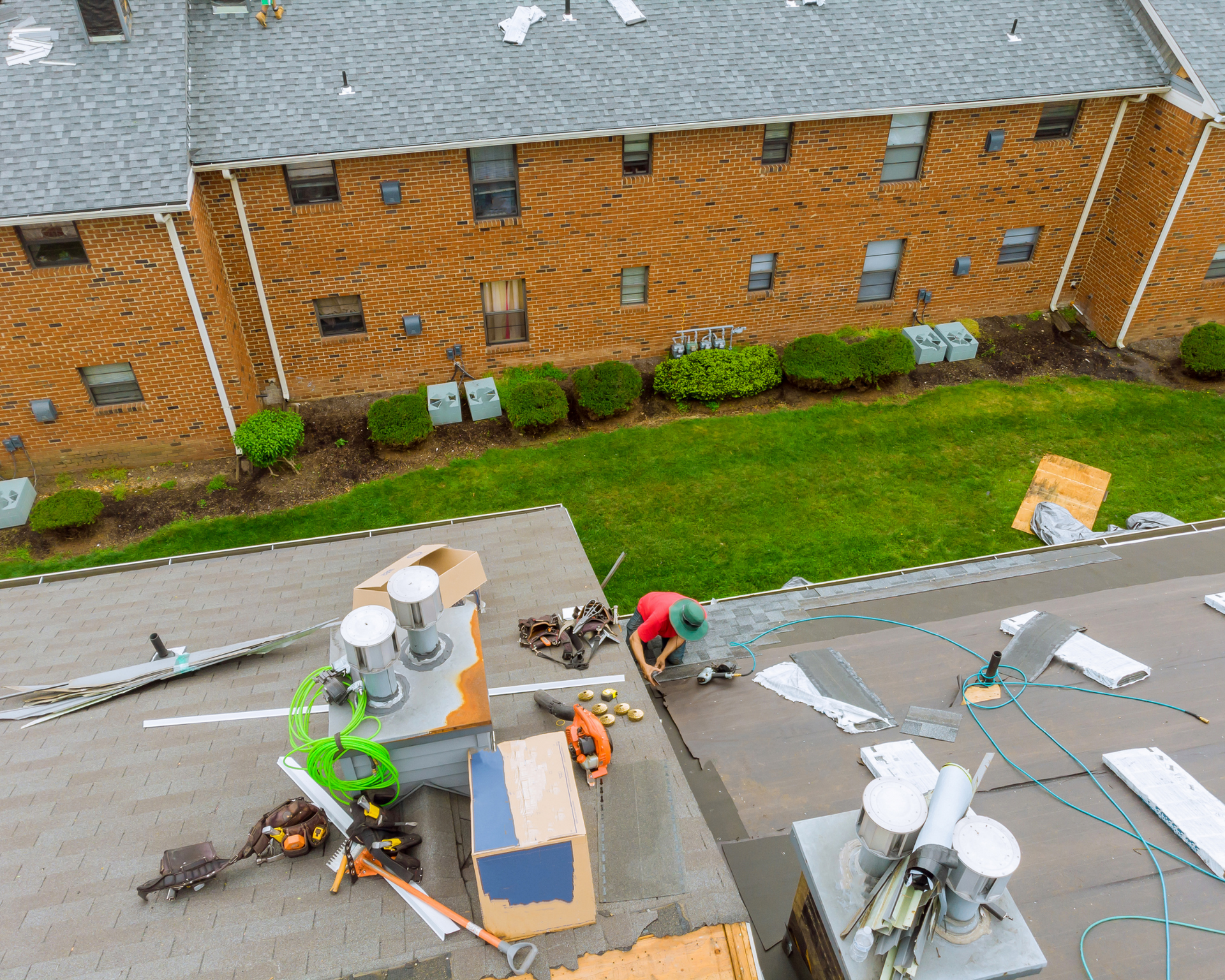Roof Pro Blog
Remember that tax laws are subject to change, and it's crucial to consult with a tax professional or check the latest guidelines from the IRS and the California Franchise Tax Board (for California residents) for the most up-to-date information. However, currently the following are in effect:
- Federal Tax Deductions:
- Generally, home renovations for personal use are not tax-deductible on your federal income tax return.
- Some energy-efficient home improvements might qualify for federal tax credits, but these incentives can change, and eligibility criteria apply.
- California State Tax Deductions:
- California generally follows federal tax laws when it comes to personal deductions. Therefore, if a home renovation is not deductible at the federal level, it is unlikely to be deductible at the state level for personal use.
- California may have specific incentives or credits for certain types of home improvements or energy-efficient upgrades. It's advisable to check with the California Franchise Tax Board or a tax professional for any state-specific programs.
In the United States, home renovations for personal use are typically not tax-deductible. However, there are some situations where you may be eligible for tax benefits related to home improvements. Here are a few considerations:
- Home Office Deduction: If you use a part of your home regularly and exclusively for business purposes, you may be eligible for a home office deduction. This could include renovations or improvements to that specific area. However, the criteria for claiming a home office deduction are strict, so it's important to review the IRS guidelines or consult with a tax professional.
- Medical Expenses: Some home renovations related to medical necessity may be deductible as medical expenses. However, these expenses generally need to exceed a certain percentage of your adjusted gross income to be eligible, and not all improvements qualify.
- Energy Efficiency Credits: In the past, certain energy-efficient home improvements, such as installing solar panels or energy-efficient windows, might have qualified for federal tax credits. These credits were subject to change and could expire, so it's essential to check the latest tax laws.
- Home Sale Tax Exclusion: While not a deduction, when you sell your home, you may be eligible for a tax exclusion on the capital gains, which can be influenced by home improvements. The improvements may help reduce the overall capital gains tax you owe when selling the property.
Tax laws and regulations can change, so it's advisable to consult with a tax professional or check the latest guidelines from the IRS for the most up-to-date information. Keep in mind that tax laws can vary by country and region, so the specifics may differ depending on your location.
We are the premier roofing and construction provider in the piney woods of east Texas. We are fueled by three generations of construction specialists and current cutting edge technology.
We are happy to take on projects all over east Texas.
Pro Roofers of Conroe
Spéir Mór Media, LLC, Powered By Snapps


